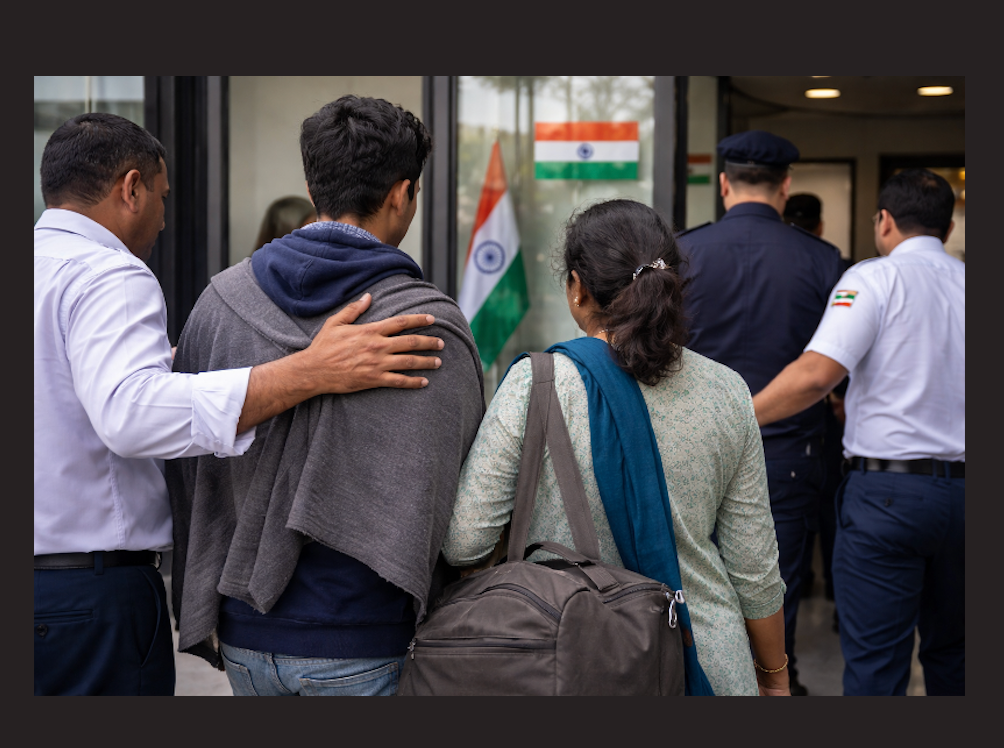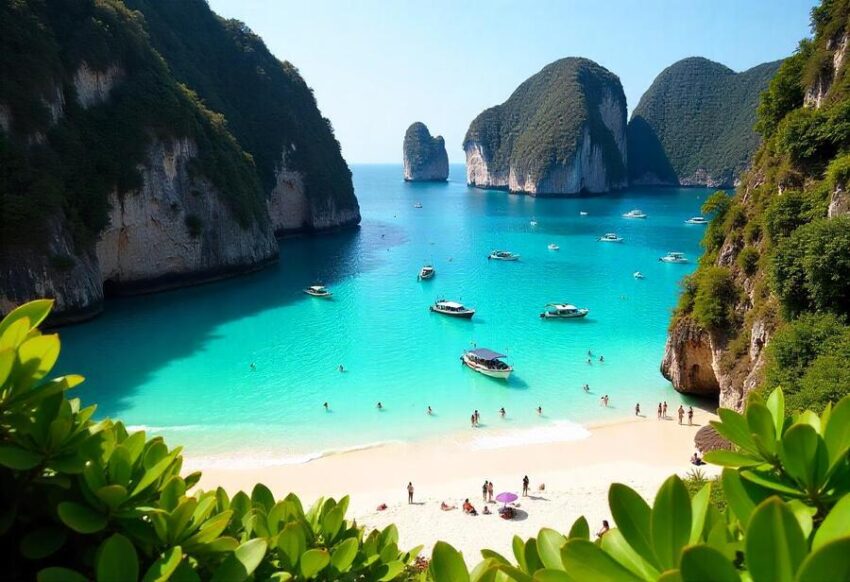After assessing both pre-treated and post-treated water, the levels of microplastics in pre-treated water were higher than that which was supplied
Potentially hazardous levels of microplastics have been found in Goa tap water, according to a study conducted by an environmental group, the National Institute of Oceanography (NIO) and Toxics Link.
A source of marine pollution, microplastics are microscopic fragments, fibres or particles of plastic less than 5mm in length.
The water treatment process may reduce the quantum of microplastics, but some still remain. Treated water contained on average between 1-3.8 microplastics per litre.
Prevalence of microplastics in towns that are located next to industrial and manufacturing hubs need a thorough probe, feel researchers
“Although there is no documented evidence till date that ingesting microplastics can directly harm human health, the potential threat of microplastics cannot be ignored,” a report based on the study released on Wednesday said.
NIO’s principal scientist, Mahua Saha, said 26 types of polymers were detected in the water samples, which indicated contamination from different plastic products and sources.
After assessing both pre-treated and post-treated water, the levels of microplastics in pre-treated water were higher than that which was supplied.
Packaging materials, fishing nets, PVC pipes, cloth fibres, and tyre bits may be the sources for most microplastic materials. The report said and blamed mismanaged solid waste and the lack of effective wastewater treatment facilities.
“Fibre was the most dominant category found in both tap water and treatment plants samples,” Saha said. Prevalence of microplastics in towns that are located next to industrial and manufacturing hubs need a thorough probe, feel researchers.
“This study was initially meant to be collecting samples from cities across the country but on account of the stringent lockdown last year, we could not get the samples and as a result, we have restricted it to Goa,” said Satish Sinha, associate director, Toxics Link.








